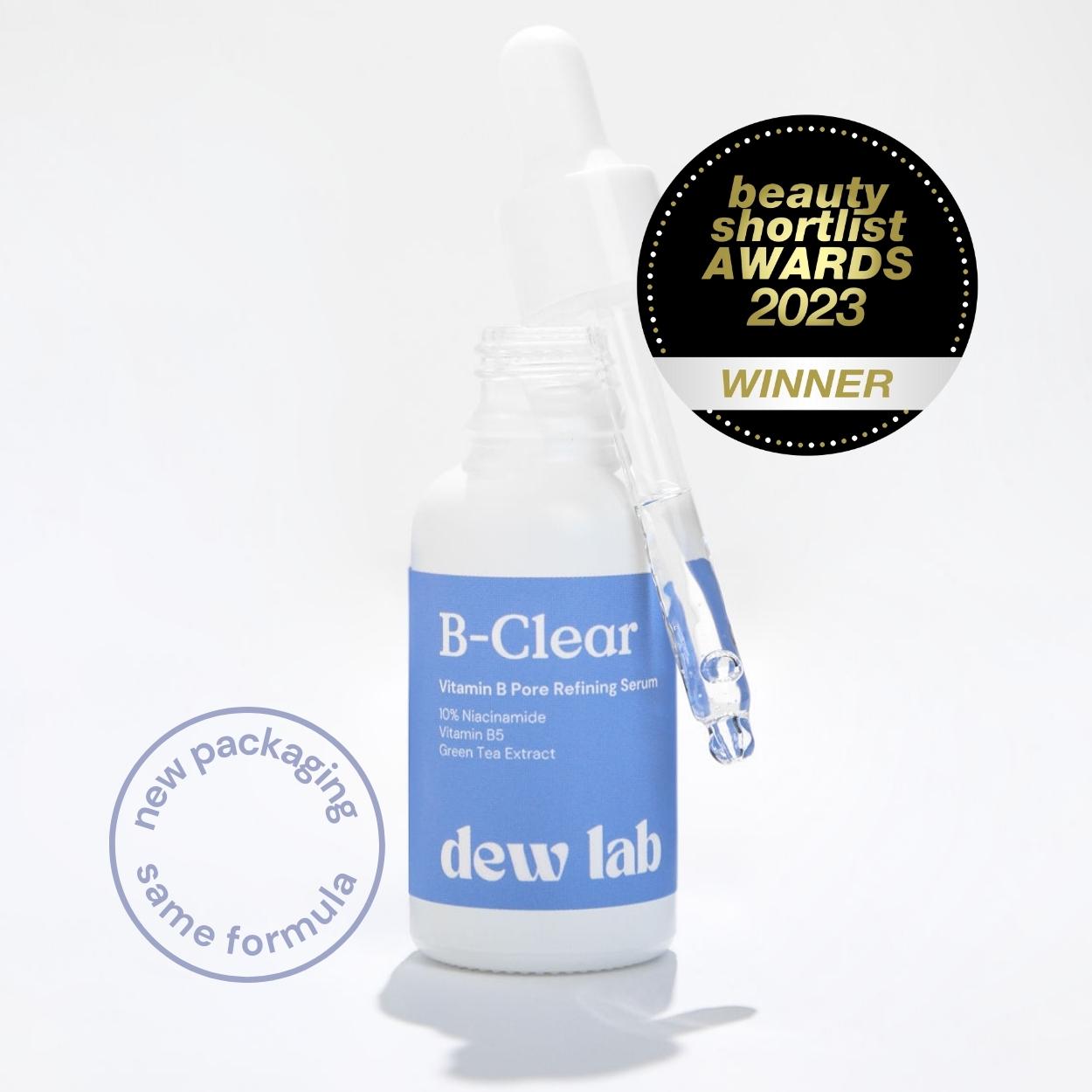Retinoids, a family of compounds derived from vitamin A, have brought about significant advancements in the field of skincare and dermatology. These powerful ingredients are highly praised for their remarkable ability to positively transform the skin. In this article, we will delve into the science of retinoids, examining how they operate, their versatile uses, and the underlying scientific principles that contribute to their effectiveness.
The Basics of Retinoids
Retinoids are a family of chemical compounds with a shared molecular structure related to vitamin A. They can be found in both natural and synthetic forms and have a wide range of applications in dermatology, cosmetology, and medicine. The most common natural forms of retinoids include retinol, retinaldehyde, and retinoic acid, while synthetic versions like tretinoin and adapalene are often used for therapeutic purposes.
How Retinoids Work
Retinoids work their magic through various mechanisms:
-
Cellular Activity: When applied to the skin, retinoids undergo a process of conversion into their active form, known as retinoic acid. This compound interacts with specific receptors in the skin cells, particularly in the nucleus, initiating a cascade of intracellular events.
-
Cell Turnover: One of the most well-documented effects of retinoids is their ability to stimulate cell turnover. Retinoic acid promotes the shedding of old, damaged skin cells and encourages the generation of new, healthier ones. This process not only reduces the appearance of fine lines but also improves skin texture and tone.
-
Collagen Production: Retinoids are powerful stimulators of collagen production, a vital protein that provides the skin with strength and elasticity. Collagen production naturally decreases with age, leading to sagging and wrinkles. By encouraging collagen synthesis, retinoids help combat these signs of aging.
-
Acne Treatment: Retinoids are a cornerstone of acne management. They prevent the formation of new comedones (clogged pores) and reduce inflammation, making them effective for both non-inflammatory and inflammatory acne. Topical retinoids like tretinoin and adapalene are commonly prescribed for this purpose.
-
Hyperpigmentation Reduction: Another remarkable application of retinoids is the management of hyperpigmentation. By inhibiting the production of excess melanin and promoting even skin tone, retinoids can help fade dark spots and melasma.
The Transformative Power of Retinoids
The scientific evidence supporting the use of retinoids is substantial. Countless clinical studies and trials have demonstrated their efficacy in various skincare applications. Among the key findings:
- Reduction of fine lines and wrinkles: Retinoids have been shown to significantly reduce the depth and appearance of fine lines and wrinkles, making them a cornerstone in anti-aging skincare.
- Acne clearance: Topical retinoids have proven to be highly effective in treating acne, reducing the frequency and severity of breakouts.
- Skin texture improvement: Retinoids help make the skin feel smoother, reduce roughness, and enhance overall skin quality.
- Hyperpigmentation management: By inhibiting the production of excess melanin, retinoids help address issues related to hyperpigmentation and uneven skin tone.
The world of retinoids is nothing short of amazing. It's like having a superhero for your skin. These compounds, derived from vitamin A, have proven themselves as real game-changers in skincare. They work by kickstarting cell turnover, promoting collagen production, and even battling acne and stubborn pigmentation.
In simpler terms, they help your skin turn over a new leaf, quite literally. They soften wrinkles, clear up breakouts, and leave your skin looking and feeling smoother.
But, just like with any powerful ally, it's essential to use retinoids wisely. Start with lower concentrations, and don't rush into things. If you want to make the most of these skin superheroes while keeping side effects at bay, consider chatting with a dermatologist.


